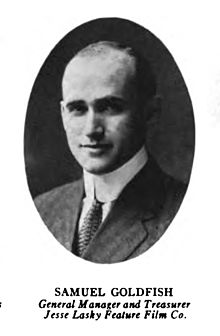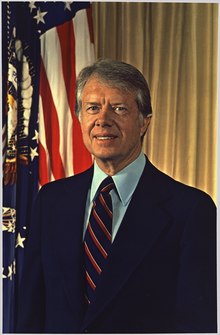így
dirigál egy mozimogul – mit nem értesz? ha nem vagy teljesen
kezdő,
simán tolod a fordítást is :)
segítség a nyelvtanhoz:
* felszólítás (videó)
* felszólítás_mondatok
Wikipedia: Samuel Goldwyn (born Szmuel Gelbfisz (Yiddish: שמואל געלבפֿיש); August 17, 1879 – January 31, 1974), also known as Samuel Goldfish, was a Jewish Polish American film producer. He was most well known for being the founding contributor and executive of several motion picture studios in Hollywood. His awards include the 1973 Golden Globe Cecil B. DeMille Award, the Irving G. Thalberg Memorial Award in 1947, and the Jean Hersholt Humanitarian Award in 1958...
A picture of Goldwyn, prior to his name change in 1916
...Samuel Goldwyn was also known for malapropisms, paradoxes, and other speech errors called 'Goldwynisms' ("A humorous statement or phrase resulting from the use of incongruous or contradictory words, situations, idioms, etc.") being frequently quoted. For example, he was reported to have said, "I don't think anybody should write his autobiography until after he's dead." and "Include me out." Some famous Goldwyn quotations are misattributions. For example, the statement attributed to Goldwyn that "a verbal contract isn't worth the paper it's written on" is actually a well-documented misreporting of an actual quote praising the trustworthiness of a colleague: "His verbal contract is worth more than the paper it's written on". The identity of the colleague is variously reported as Joseph M. Schenk or Joseph L. Mankiewicz Goldwyn himself was reportedly aware of — and pleased by — the misattribution.
Upon being told that a book he had purchased for filming, The Well of Loneliness, couldn't be filmed because it was about lesbians, he reportedly replied: "That's all right, we'll make them Hungarians." The same story was told about the 1934 rights to The Children's Hour with the response "That's okay; we'll turn them into Armenians." Upon being told that a dictionary had included the word "Goldwynism" as synonym for malapropism, he raged: "Goldwynisms! They should talk to Jesse Lasky!"
Having many writers in his employ, Goldwyn may not have come up with all of these on his own. In fact Charlie Chaplin took credit for penning the line, "In two words: im-possible"; and the quote, "the next time I send a damn fool for something, I go myself," has also been attributed to Michael Curtiz.
In the Grateful Dead's Scarlet Begonias, the line "I ain't often right but I've never been wrong" appears in the bridge — this is very similar to Goldwyn's "I’m willing to admit that I may not always be right, but I am never wrong."...




